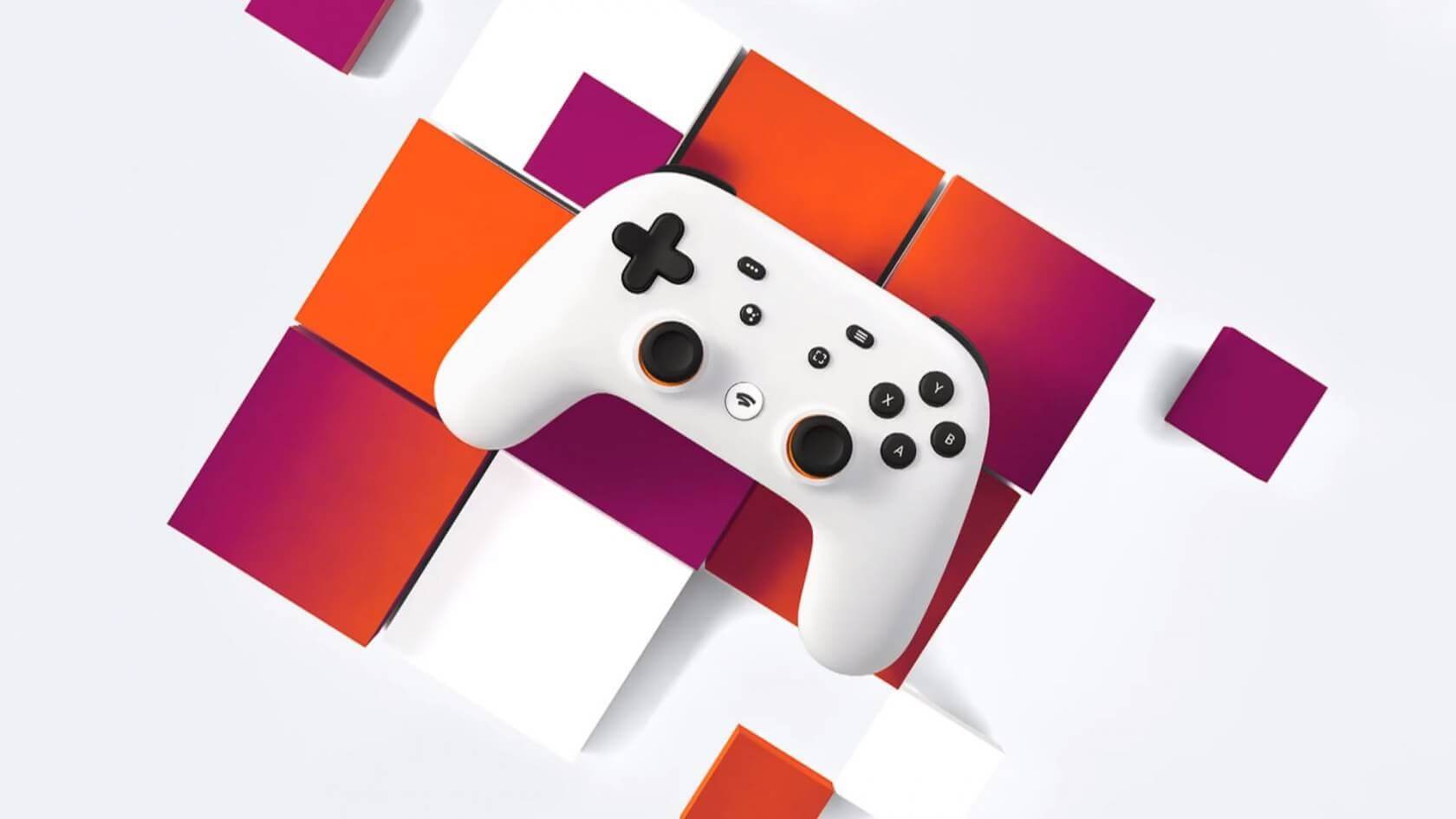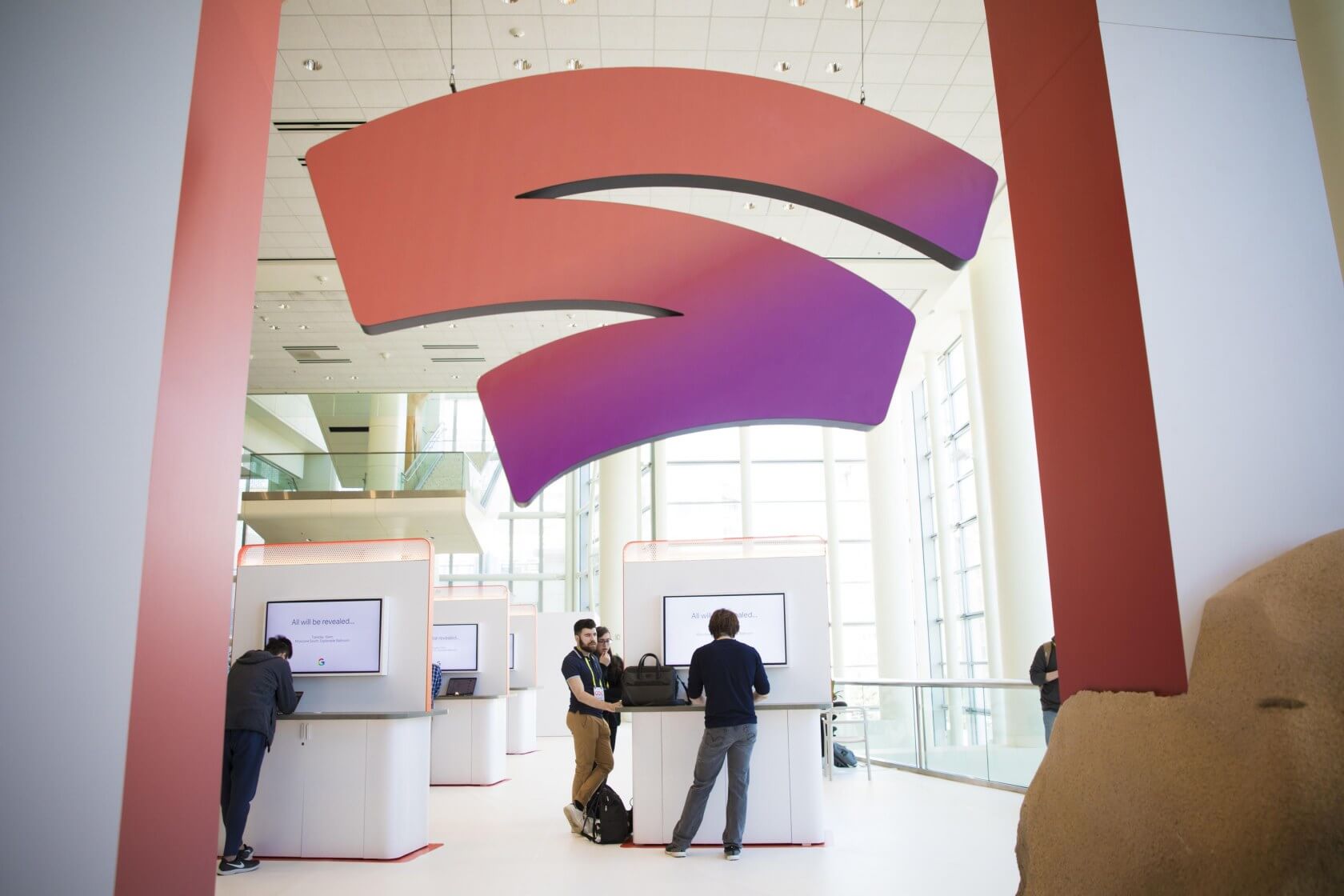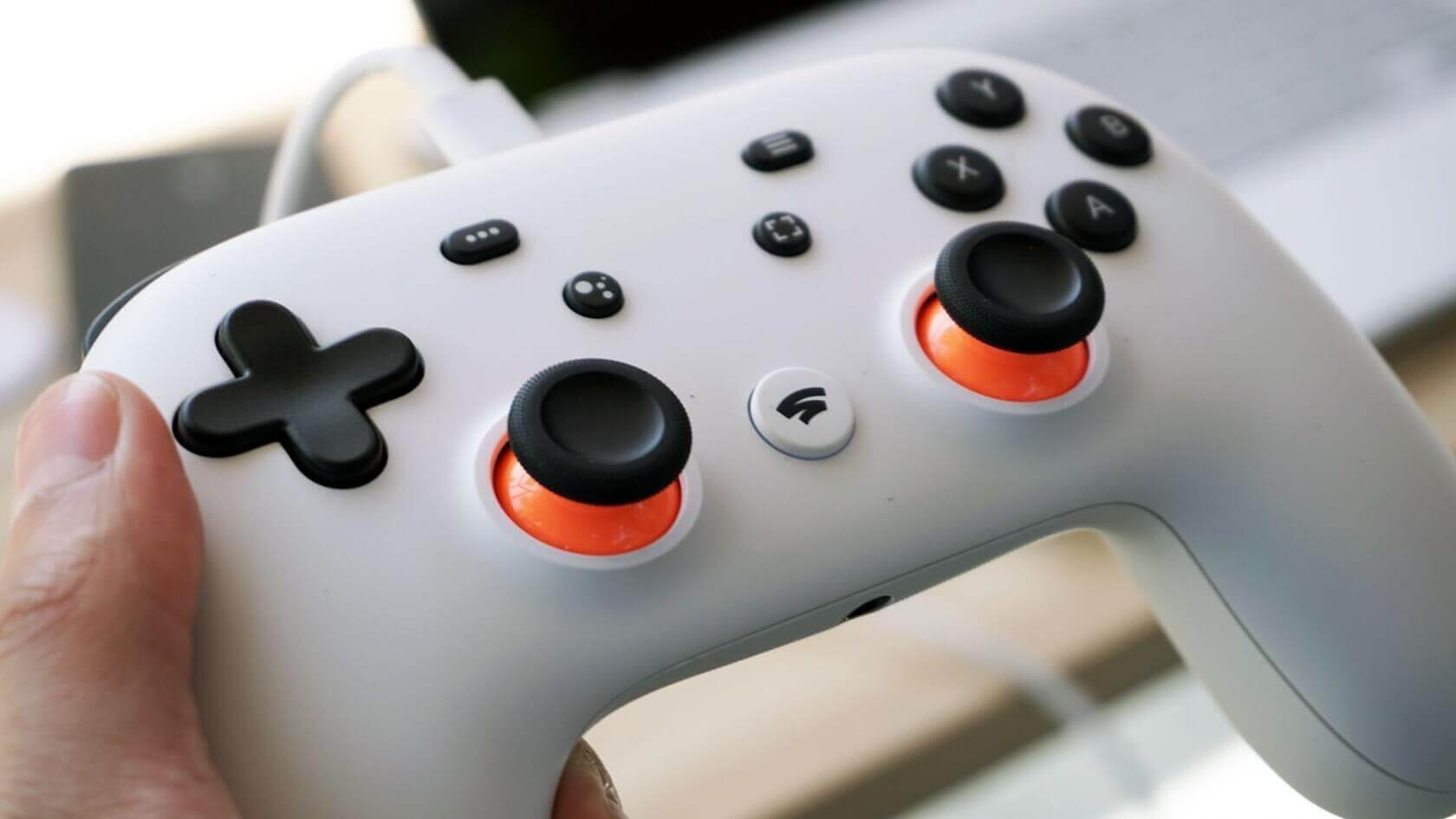
Game streaming has the potential to change the way many gamers experience their favorite titles, but the technology is still young at the moment. Many companies that offer game streaming services are still grappling with issues like latency and excessive data usage.
Given that game streaming functions by sending your inputs to a separate server and feeding back the results to your screen (whether it's on a smartphone, low-powered notebook, or TV), some amount of delay should always be expected. However, Google believes it has mitigated the problem with its Stadia subscription service -- early testers say that while the lag may be noticeable for more hardcore or competitive gamers, for the average user (with a decent internet connection), it's unlikely to be a problem.
Simply reducing input lag to nearly-imperceptible levels isn't enough for Google, though. In a recent Edge Magazine interview (first reported on by PCGamesN), Google VP Madj Bakar said Stadia's response times could be better than local machines in "a year or two" due to what he calls "negative latency." Apparently, Google is aiming to use its machine learning tech to predict your inputs, effectively making games feel even more responsive than they would on a high-end PC.

Some skepticism may be warranted here. Yes, Google has more than proven itself in the realm of AI and machine learning, but when it comes to the world of video games -- particularly competitive ones -- unpredictability is often the key to success.
Wildly zigzagging, sliding, jumping, and ducking behind cover are all common (and fairly random) tactics employed by shooter players. It will be tough for an AI to predict which of these tactics a player wishes to employ at any given moment, and if it happens to guess wrong, that's not exactly going to endear Stadia to users.

However, as PCGamesN notes, it's possible that Google is merely planning to prepare for potential inputs, and won't actually use them until it receives "confirmation" in the form of the player's real input. Think of it as a local diner preparing one of their regular's favorite meals in advance. The individual can change their mind when they arrive, but if the prediction is correct, all the better for the diner and the patron.
Either way, it's an unusual way to tackle the latency issue. It's tough to say how end-users will respond to the idea, but we wouldn't be surprised if serious gamers simply choose to take the latency hit in exchange for full control over their actions (and a bit of freedom from Stadia's watchful AI eyes).
With that said, we have no idea whether or not this "negative latency" feature will be optional, so gamers might not have a choice in the end. We'll simply have to wait for Stadia's official release next month to say for sure.
https://www.techspot.com/news/82273-google-vp-stadia-could-more-responsive-than-pc.html